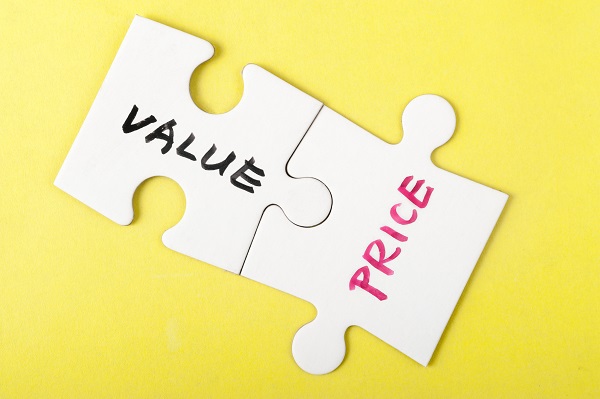Dana and Michael owned a successful dentist practice with three locations. When their marriage foundered, the practice was in jeopardy. Dana was the dentist, with Michael serving as office administrator. Dana wanted the entire practice and, since that was her expertise, it made sense. Michael wanted other community property that equaled his half of the value of the practice. As is true with many divorces, valuing business assets became a contentious part of their divorce proceeding.
In any divorce, community assets are determined and then split. The divorcing couple may be able to iron out a divorce settlement that suits them both. However, when agreement cannot be reached, the courts decide who gets what. The final divorce settlement or judgment will take into account the value of the business.
What Courts Consider
The parties need to know what kind of information the court will be reviewing to come up with that final valuation:
- The fixed assets of the business,
- The accounts receivable and intangible assets,
- Goodwill customers and vendors have toward the business, and
- Debts and liabilities.
In most cases, courts may want answers to questions like:
- What type of business is involved?
- How did the business start?
- What is the current financial condition of the business?
- What is the book value of the business?
- How much can the business expect to earn?
- Does the business pay dividends or not?
- How much is the company’s goodwill worth?
- Have any other ownership interests been sold?
- If the company is publicly traded, what is the stock worth?
So, it’s a given that if the business is community property, some type of value must be assigned. Otherwise, how will the court know how to divide the community property estate?
Methods of Valuation
The ways used in business valuation may depend on the type of business being valued. A real estate agency may be valued differently than a convenience store or car dealership.
For example, some types of business may best be valued by looking at comparables. Looking at comparable businesses may be useful when coming up with an average value of that type of business. For Dana and Michael, an appraiser may look at the value of dental practices of a similar size in the same area.
The liquidation value tells you how much the company is worth if it is sold. If Dana and Michael are unable to reach an agreement, they may consider selling the practice and splitting the proceeds.
Determining capitalized earnings is a common way of evaluating businesses in California divorces. This method uses the current cash flow, annual rate of return, and expected value of the business to come up with a final figure.


